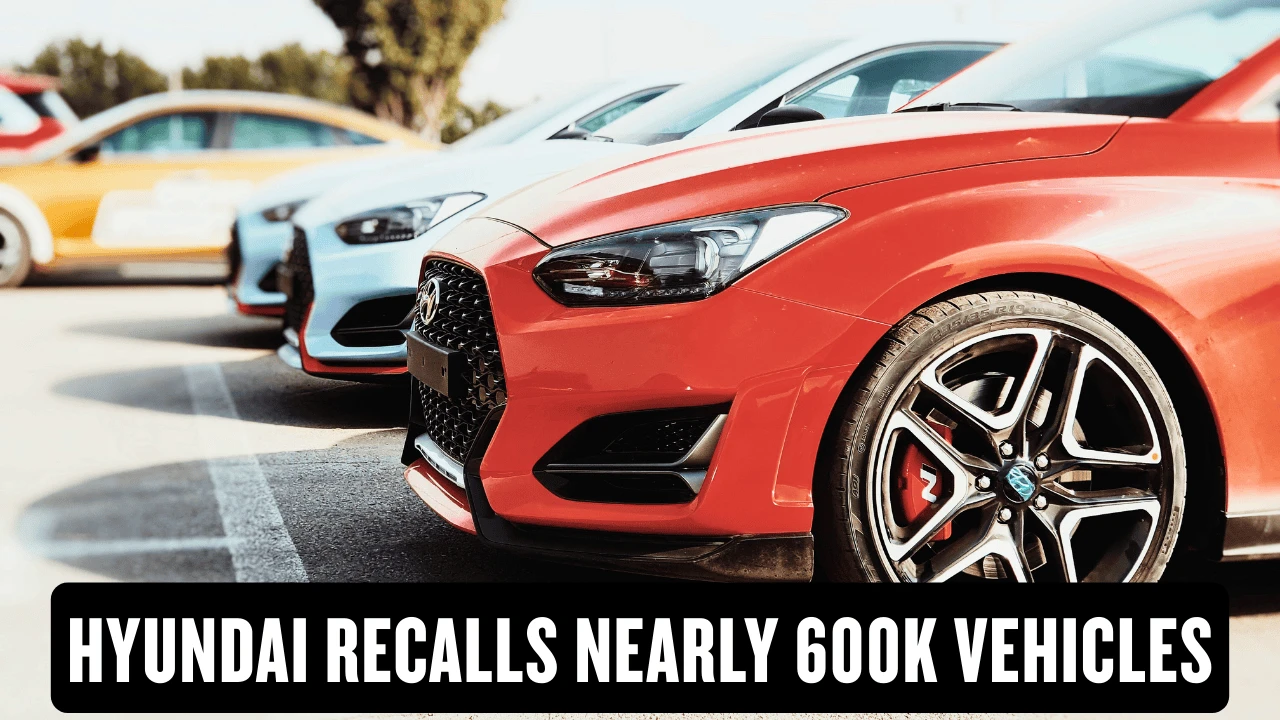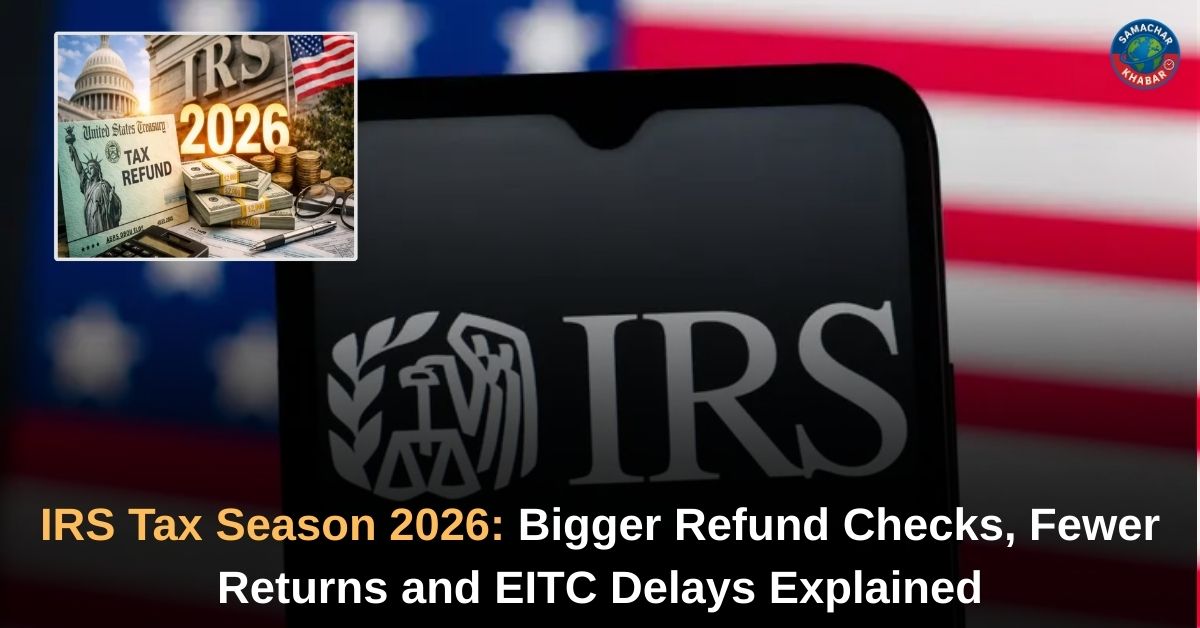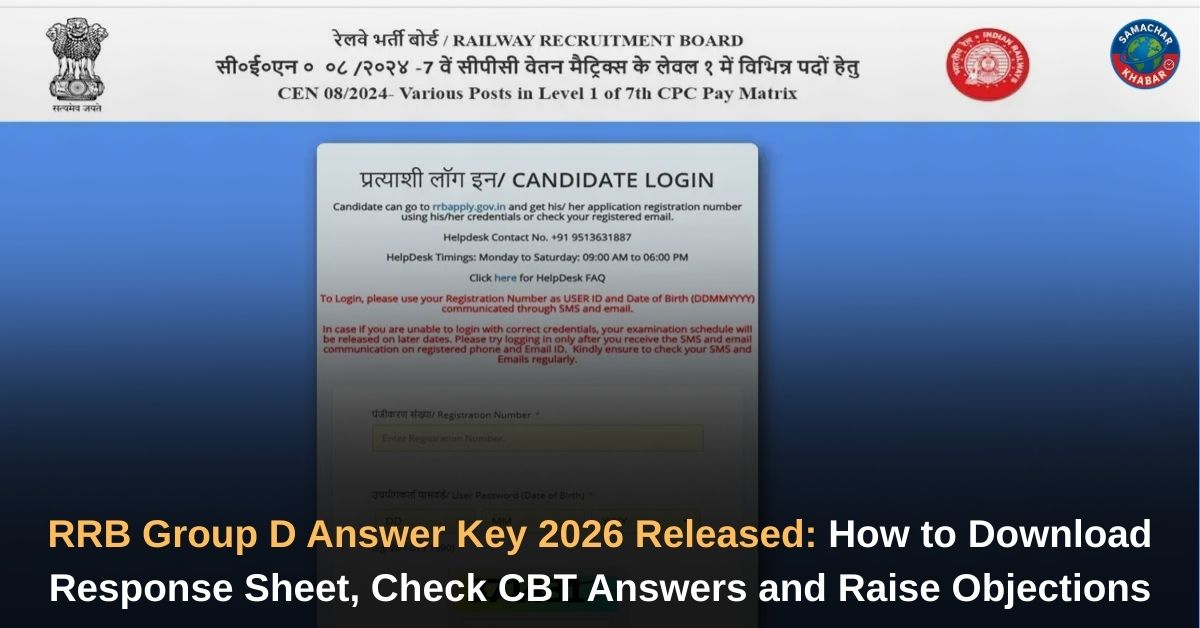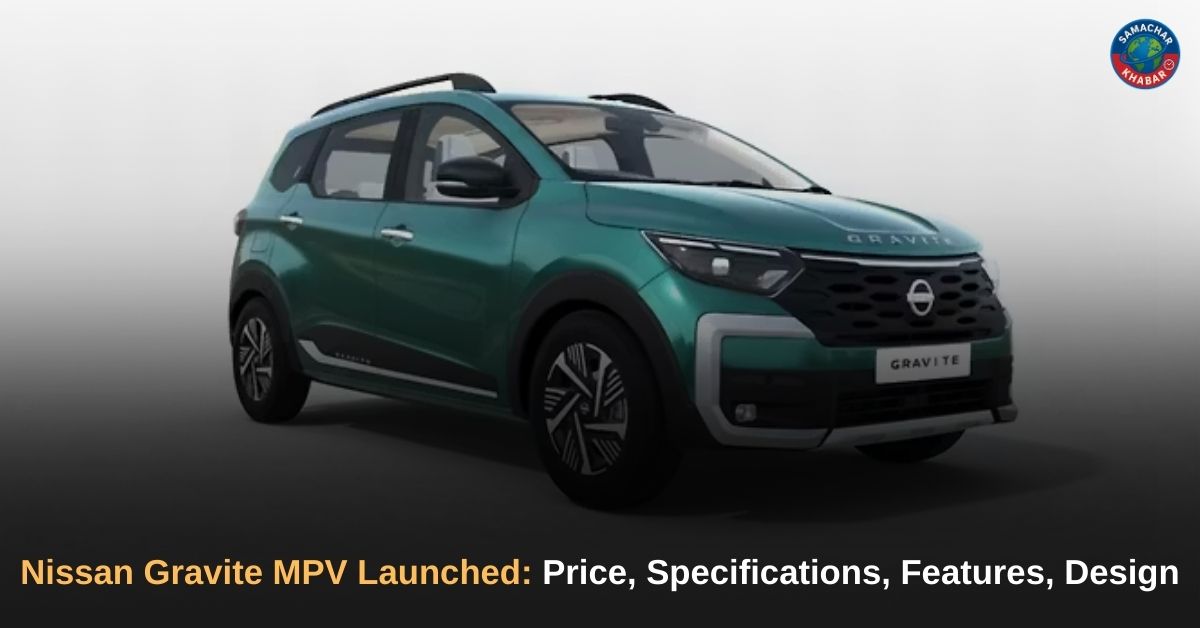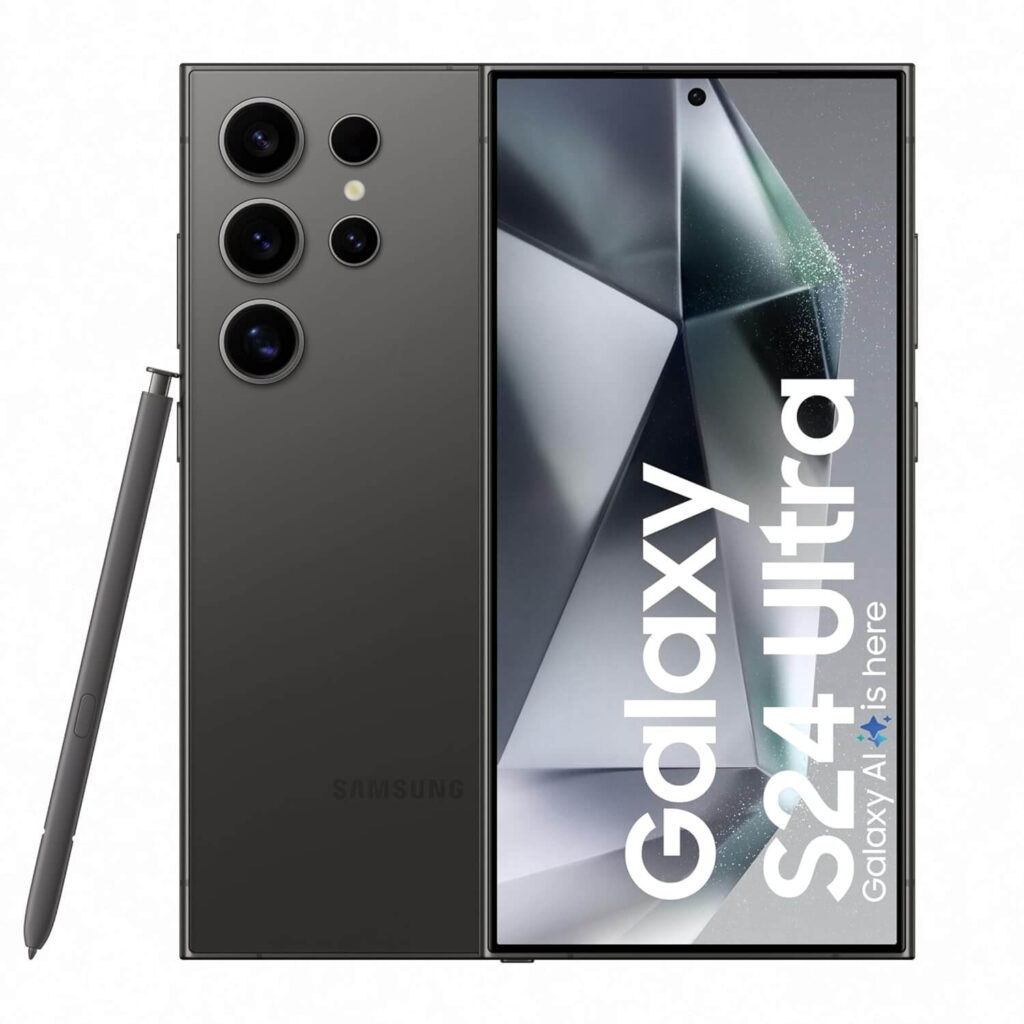Hyundai Recalls Nearly 600K Vehicles: Hearing about a recall on your vehicle can be concerning. It raises questions about safety, what the next steps are, and if your car is among those affected. Recently, Hyundai issued a significant recall impacting nearly 600,000 vehicles in the U.S., a move that highlights the automaker’s commitment to addressing potential safety issues proactively. The recall primarily affects several popular models, including the Palisade SUV and a few key IONIQ electric vehicles.
This post will break down the details of this major recall, list the specific models involved, and provide a clear, step-by-step guide on what you should do if you’re a Hyundai owner.
The Models Impacted by the Hyundai Recalls
This large-scale recall isn’t a single issue but rather a combination of separate safety campaigns. The main recall addresses a problem with seat belt buckles, while others involve potential issues with charging ports and improperly tightened fasteners. It’s crucial for owners to understand which issue applies to their specific vehicle.
The most significant recall affects the Hyundai Palisade.
- Model Years: 2020-2025
- Number of Vehicles: 568,580
- The Issue: Faulty seat belt buckles in the front and second-row seats that may fail to latch correctly. Hyundai stated that owners might notice a lighter-than-normal “click” sound when fastening their seatbelt. While they estimate only about 1% of the recalled vehicles have the defect, the recall is being conducted out of an abundance of caution to ensure maximum safety.
Separately, other Hyundai recalls have been announced for the following models:
- 2023-2025 Hyundai IONIQ 6 EV: A recall for 31,042 vehicles due to a potential issue where the charging port door panel could detach.
- 2025 Hyundai IONIQ 5: A smaller recall involving just eight vehicles due to improperly tightened fasteners that could loosen over time, posing a safety risk.
This recent action is a reminder of the broad scope of recalls in the auto industry. For context, the U.S. National Highway Traffic Safety Administration (NHTSA) states that millions of vehicles are recalled each year for various safety-related defects. For example, in a recent announcement, Toyota and Hyundai collectively recalled over 1.1 million vehicles in the U.S., showing that such large recalls are not uncommon. This statistic underscores the importance of staying informed and checking for recall notices.
What to Do If Your Hyundai is Recalled
If you own one of the impacted Hyundai models, the first step is to confirm if your specific vehicle is part of the recall.
1. Check Your Vehicle Identification Number (VIN)
The most reliable way to check for a recall is by using your VIN. Your VIN is a unique 17-character number that can be found in a few key places:
- On the driver’s side dashboard (visible through the windshield from the outside).
- On a sticker inside the driver’s side door jamb.
- On your vehicle’s registration or insurance card.
Once you have your VIN, you can check for open recalls on the following websites:
- Hyundai’s Official Recall Lookup Tool: Visit the Hyundai website and enter your VIN to see any outstanding safety campaigns or recalls.
- NHTSA Recall Search: The National Highway Traffic Safety Administration (NHTSA) has a VIN lookup tool on its website. This is an excellent independent source to verify any recalls on your vehicle.
2. Understand the Recall Remedy
After confirming your car is affected, read the recall notification carefully. It will describe the defect, the potential safety risk, and the manufacturer’s plan to fix it. A key detail to note is that by law, recall repairs must be performed by an authorized dealership at no cost to the owner. This applies whether your vehicle is still under warranty or not.
Also Read: Hyundai i20 Knight: Unleash the Dark Knight of Hatchbacks
3. Schedule Your Service Appointment
As soon as you receive a recall notification or confirm your vehicle is impacted, contact your local Hyundai dealership to schedule an appointment. While many recall repairs are quick, some may require a longer service time, so it’s best to book early to minimize any inconvenience.
It’s also a good idea to inquire about a loaner car policy, as some dealerships offer this service, especially for more extensive repairs.
4. Stay Proactive with Safety
While waiting for your repair, it’s essential to take any interim safety advice provided in the recall notice. For example, regarding the Palisade seatbelt recall, NHTSA advises owners to “insert the belt firmly into the buckle with a quick and direct motion, pulling on the belt to confirm the seat belt is fully secured, until the recall remedy is performed.” Always follow these instructions to ensure your safety.
Final Thoughts and Next Steps
The recent Hyundai recalls of nearly 600,000 vehicles, while concerning, are a vital part of the automotive industry’s commitment to public safety. They are a necessary step to address defects and ensure vehicles on the road meet the highest standards.

